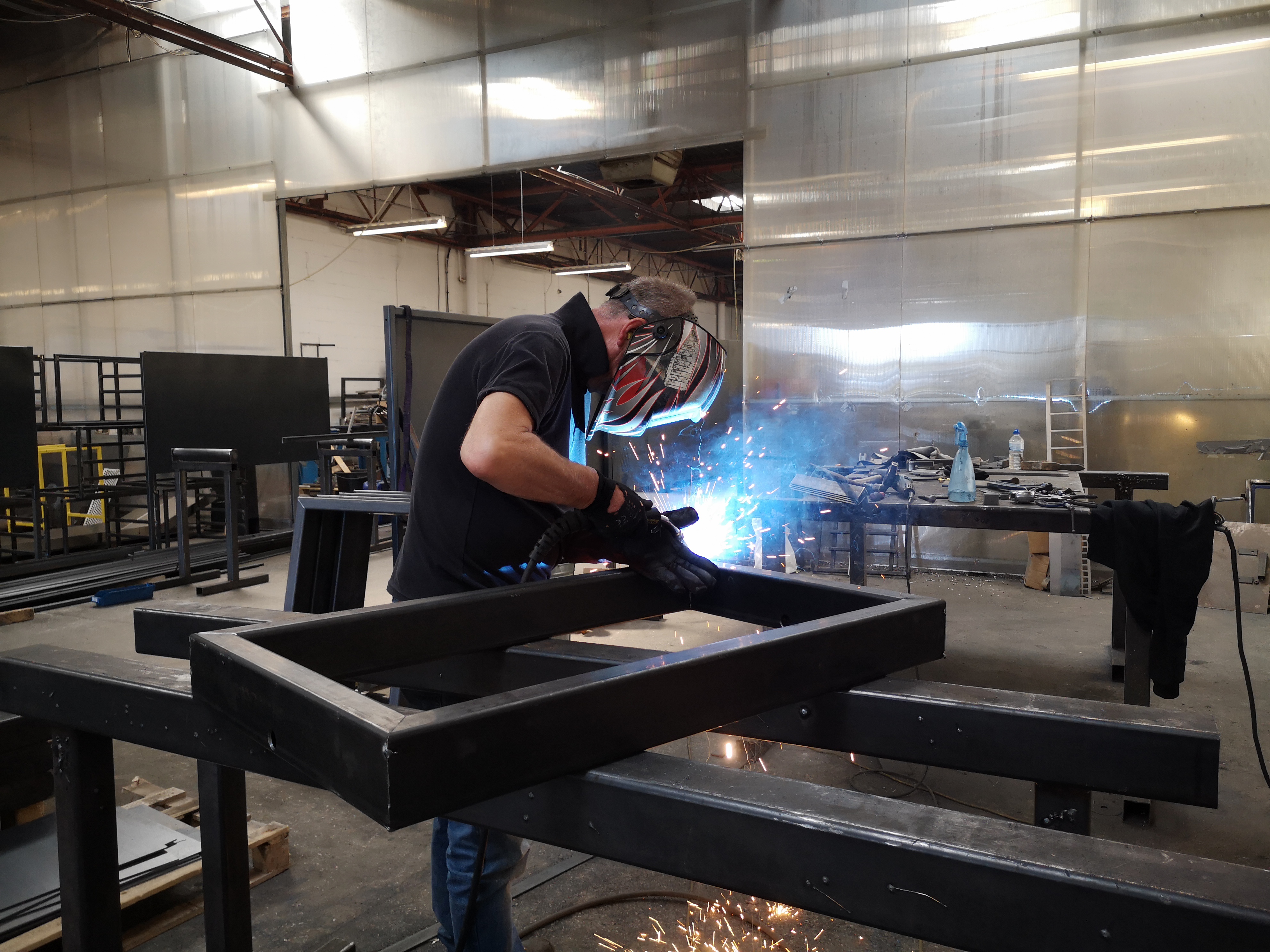The prototype presentation event was led by Justin Cross, senior innovation partner at Digital Catapult and programme lead for the Made Smarter Technology Accelerator.
Digital Catapult CEO, Jeremy Silver, emphasised the role of Digital Catapult in taking exceptional ideas within academia and the innovation ecosystem and speeding up their journey to market.
Following a brief outline of the programme and its goals from Justin, the event began its first panel discussion, hosted by Juergen Maier CBE, Chair of Digital Catapult and Co-chair of Made Smarter. He was joined by senior leaders from the industry challenge owners and technology sponsors:
- Austin Cook, Principal Technologist, Emerging Manufacturing Technology and Systems, BAE Systems
- Martin Jackson, Head of Strategy and Product Management, Northumbrian Water
- Germain Forgeoux, R&T Manufacturing Program Manager, Safran Landing Systems
- Charles Joes, Global IoT Success Director, Software AG
Key points from the first panel discussion included:
- With small medium enterprises making up the vast majority of the industrial sector, the panel agreed that more needs to be done to de-risk and encourage them to innovate. For larger businesses, it’s an opportunity to use their established skills to help small medium enterprises develop, so that they can benefit from a more diverse ecosystem of innovative suppliers
- The panel observed that legacy barriers combine with cultural barriers to innovation. Culture eats strategy for lunch, and overcoming this requires educating the next generation to focus on the art of the possible, rather than the limitations of legacy
- According to some panel members, there is less appetite for risk in the UK, and less willingness to use enablement tools. But rather than building everything themselves, manufacturers should use what’s available, move faster, learn faster and fail faster
“It’s incredibly important that we’re having this discussion, because the key to innovation is diversity of thought…In order to move forward in terms of making that step change in performance for the benefit of our customers, we need to innovate in entirely new ways and look at new possibilities. And for us that’s about creating an ecosystem of diversity, where there are big players and smaller players, where we are able to hone in on that talent locally and nationally.”
- Martin Jackson, Head of Strategy and Product Management, Northumbrian Water






